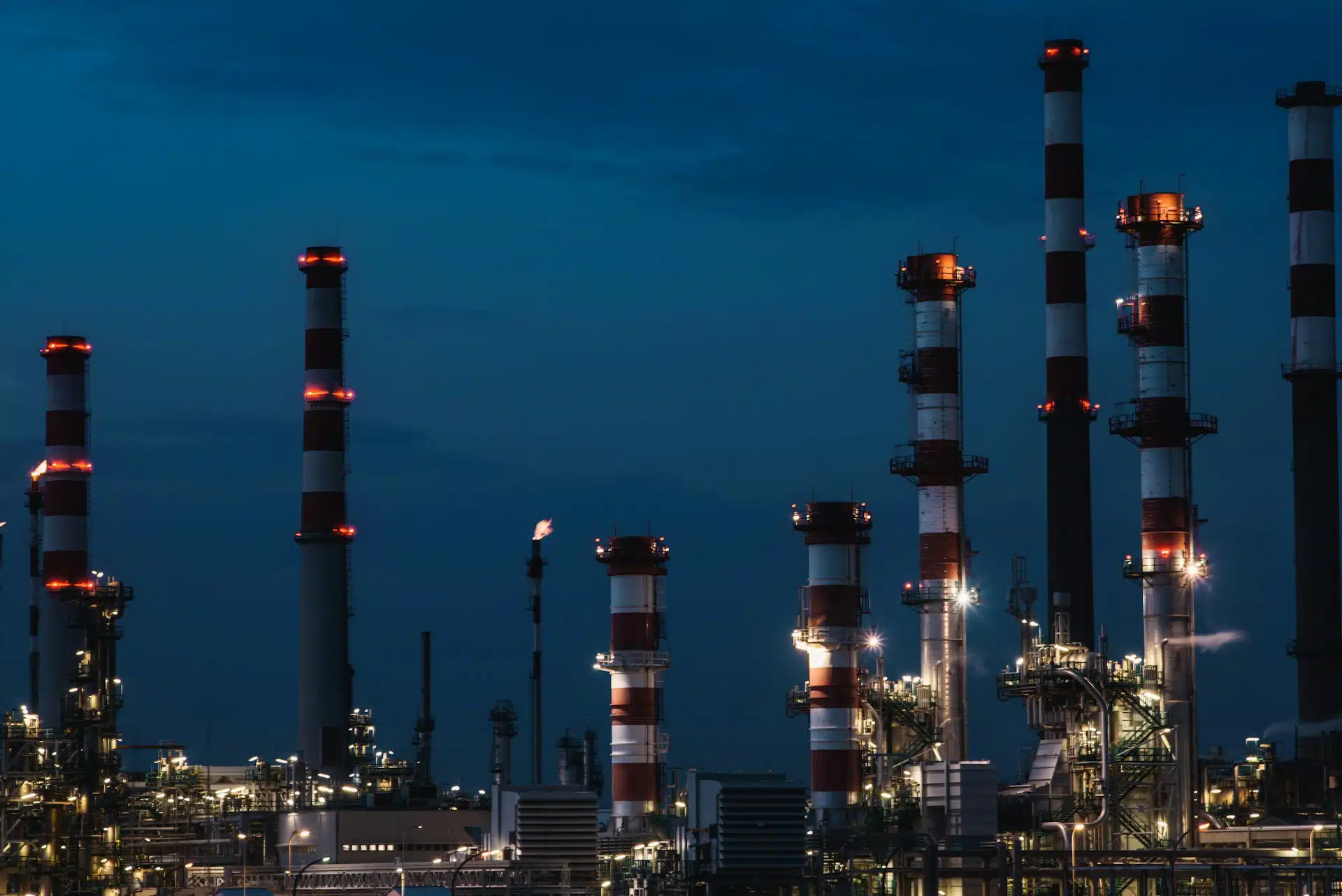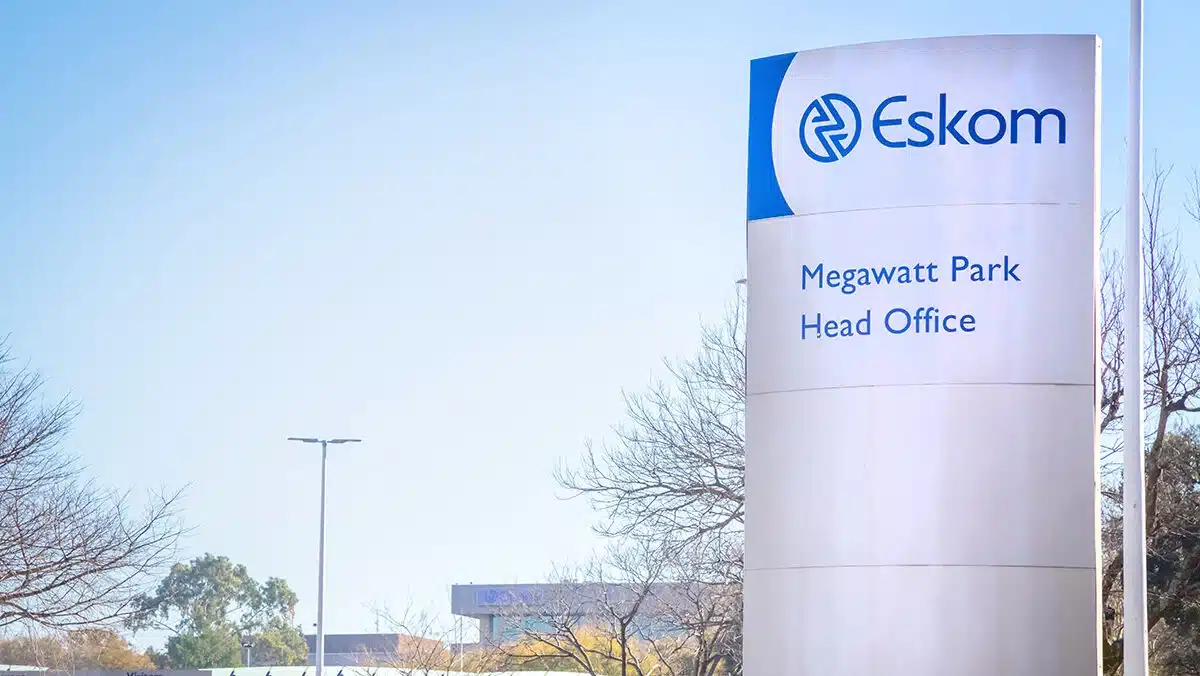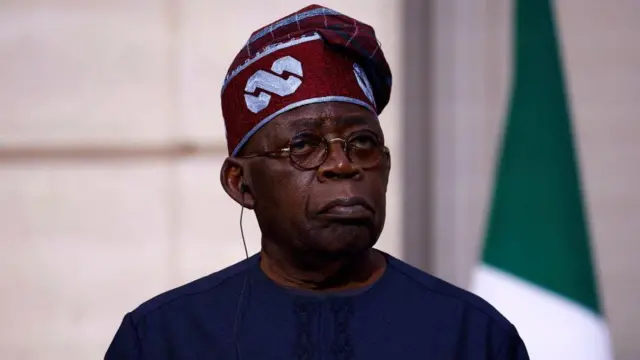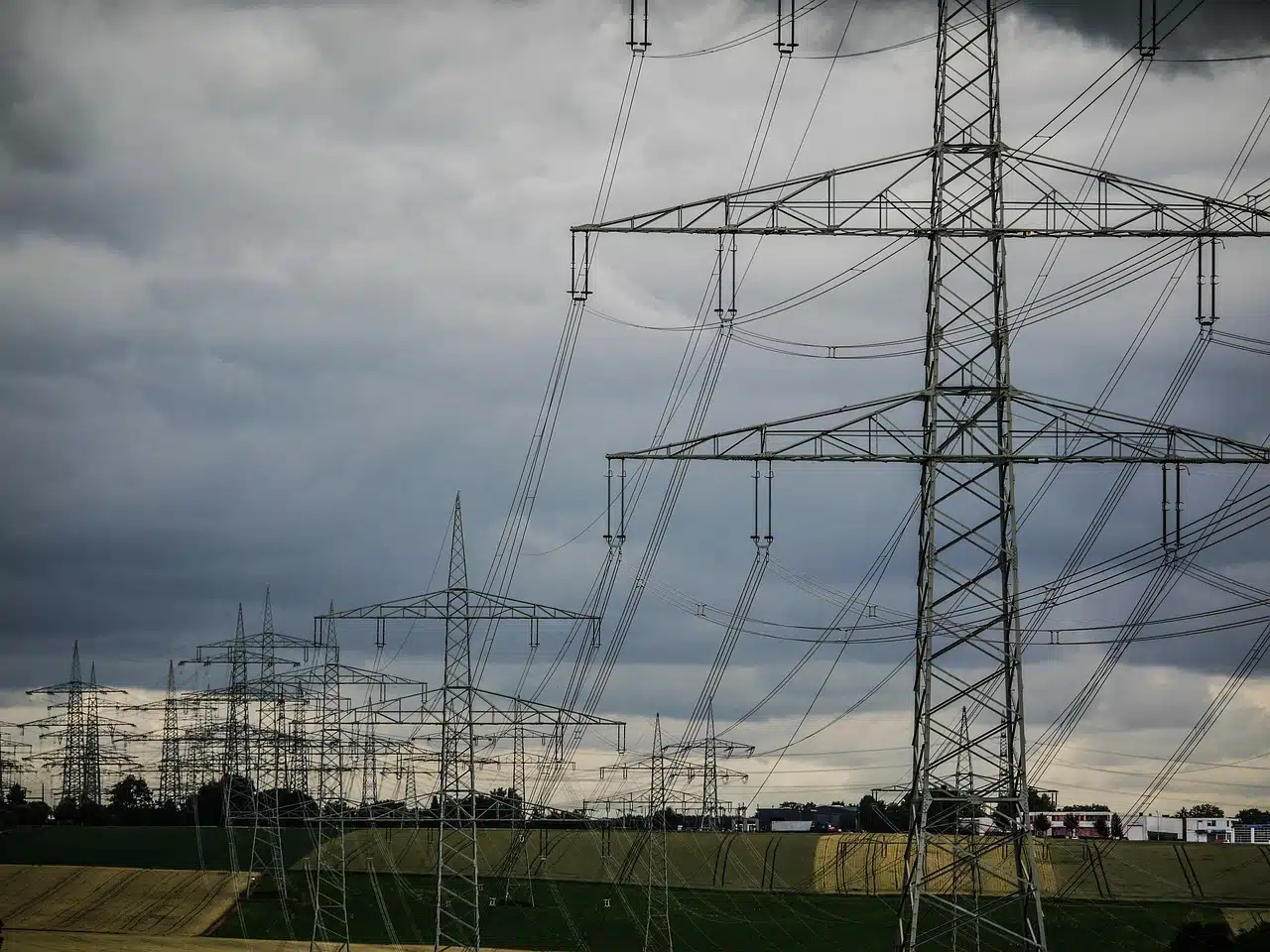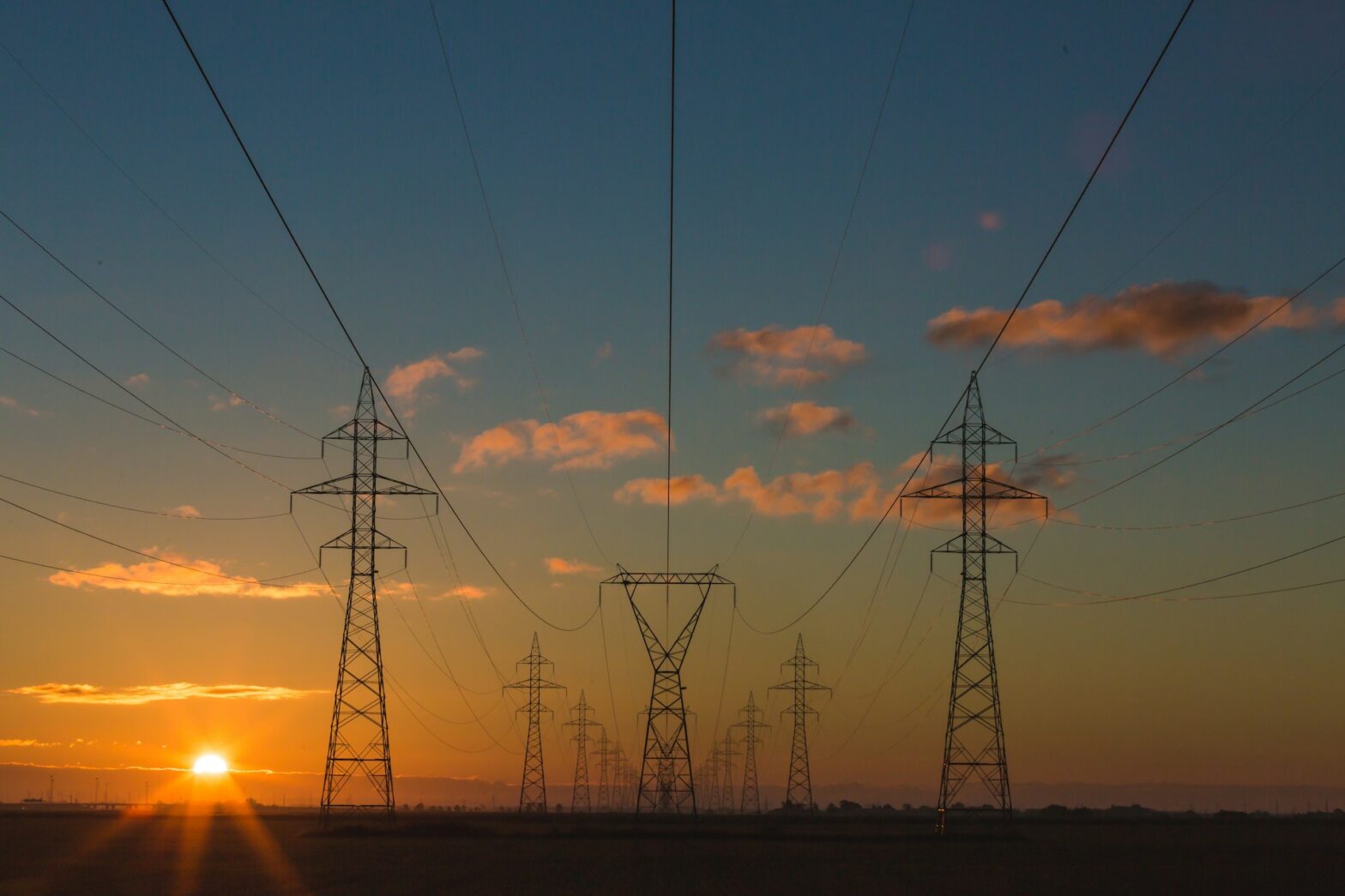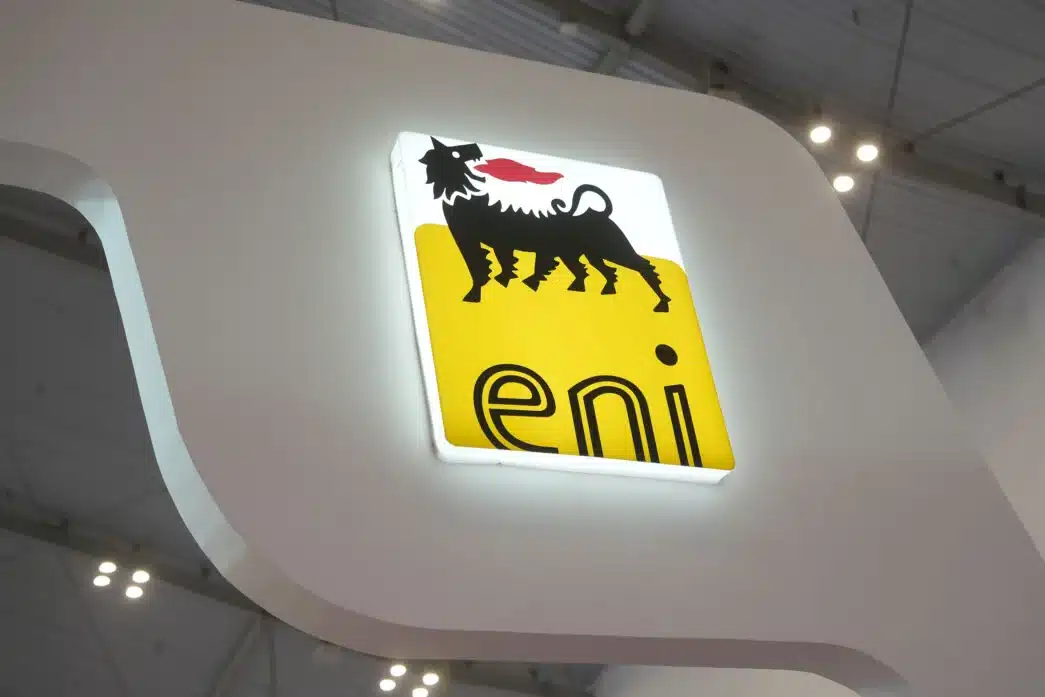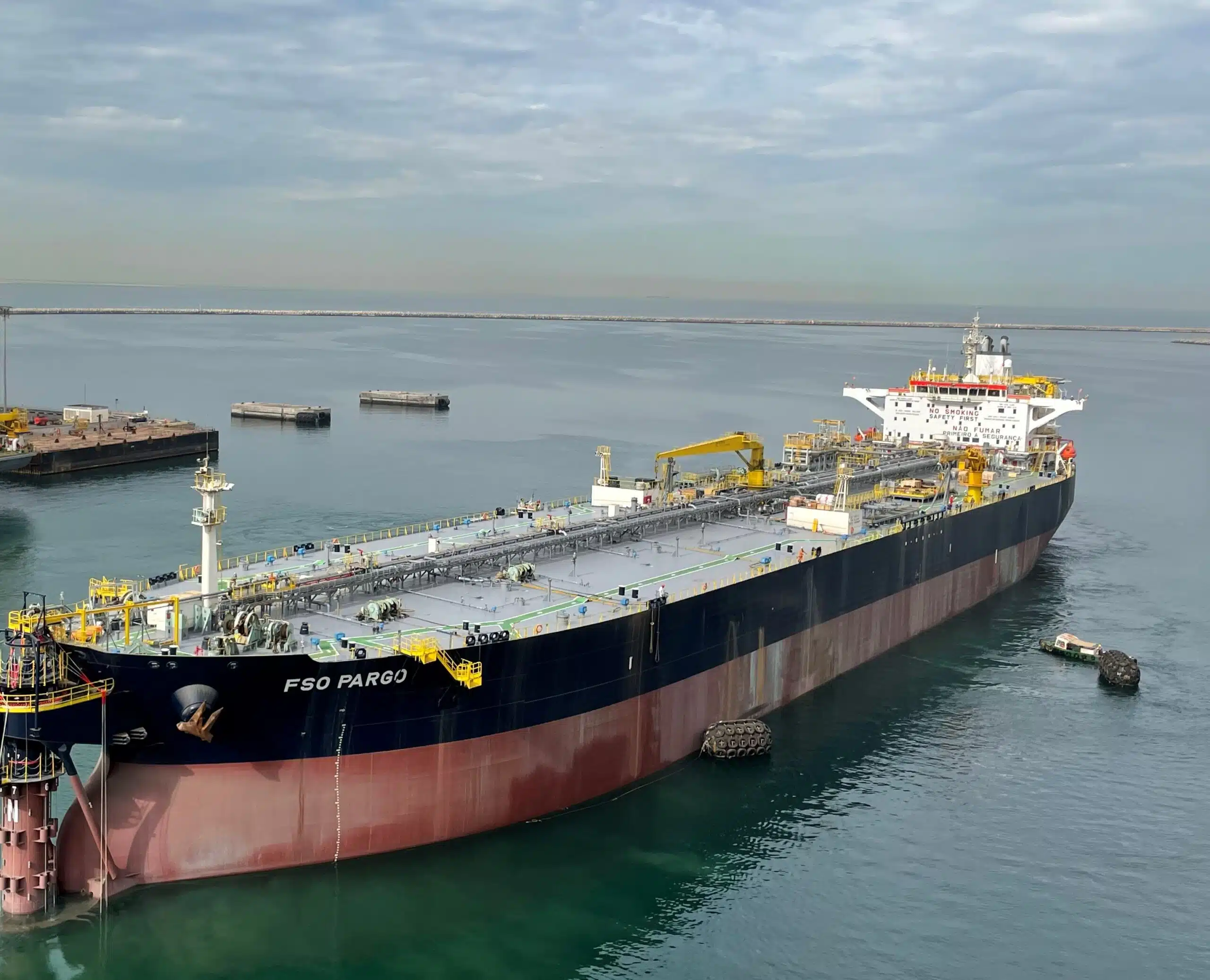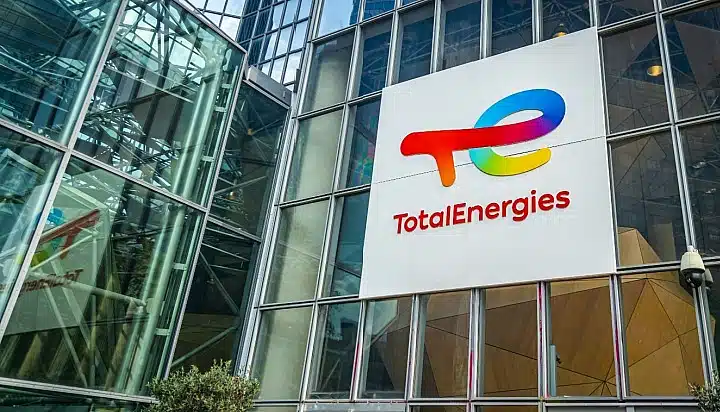South Africa’s Minister of Electricity and Energy, Kgosientsho Ramokgopa has said the country will no longer be able to import natural gas from Mozambique following diminishing natural gas reserves in Pande.
Speaking at the Natural Gas Symposium in Johannesburg earlier this week, Minister Ramokgopa urged South Africans to work together to avoid the gas shortage.
Minister Ramokgopa said natural gas creates over 13,030 direct jobs and contributes approximately 5% to South Africa’s GDP. Yet the gas fields are projected to decline between 2026 and 2028. This anticipated lower gas is a significant threat to our economy and one that demands a coordinated and forward-looking response.”
Ramokgopa advocated for gas to be placed at the forefront of industrial revitalisation and energy resilience, and to advance a model of gas development that was sovereign, inclusive and environmentally responsible.
Ramakgopa noted that South Africa imports about 160 PJ/y of natural gas from Mozambique, representing more than 85% of the country’s total consumption. Sasol, the largest domestic user, consumes about 125 PJ/y, creating more than 30 000 direct jobs and contributing about 5% to GDP.
The Minister proposed the development of a national gas strategy to address the crisis.
“Our political economy must respond by crafting a developmental gas strategy – one that integrates domestic production, regional diplomacy, infrastructure, finance, and market design. It must be grounded in public value, not just private returns,” Ramokgopa said.
He noted that South Africa’s most immediate lever was gas-to-power, not just for its ability to provide dispatchable electricity, but because it would enable the kind of long-term, firm demand needed to unlock capital for LNG infrastructure.
However, he noted that a coherent industrial policy needed to be linked to a major gas infrastructure rollout. This would include specially targeting new gas markets where they could support special economic zones, agro-industrial nodes and mineral beneficiation clusters.
He added that South Africa also needed to strengthen regional energy integration.
“The Southern African Development Community holds significant potential for shared gas infrastructure. Discussions are underway around pipeline extensions from Mozambique, integration with Namibia’s gas finds and exploring regional LNG storage hubs,” Ramokgopa said.
If finalised, South Africa will be the latest country to have a cross-border pipeline with Mozambique after the nation signed a $1.5 billion agreement with Zambia to develop one.
Ramokgopa added that the government was also exploring models such as take-or-pay contracts, volume guarantees and strategic reserves to underpin market confidence.
“We must build on the successes of the Renewable Energy Independent Power Producer Programme to design a Gas Independent Power Producer Procurement Programme with clear rules, environmental compliance, and community benefit obligations,” he said.
Ramokgopa noted that while LNG was a short- to medium-term solution, the government’s long-term ambition was to unlock South Africa’s indigenous gas resources.
He stated that onshore prospects in the Free State and Mpumalanga, as well as offshore finds such as Brulpadda and Luiperd, located in Block 11B/12B of South Africa’s Outeniqua Basin, held immense potential. It had been estimated that the Brulpadda field contained about 1.3-trillion cubic feet of natural gas, while the Luiperd field was estimated at about 1.2-trillion cubic feet.

